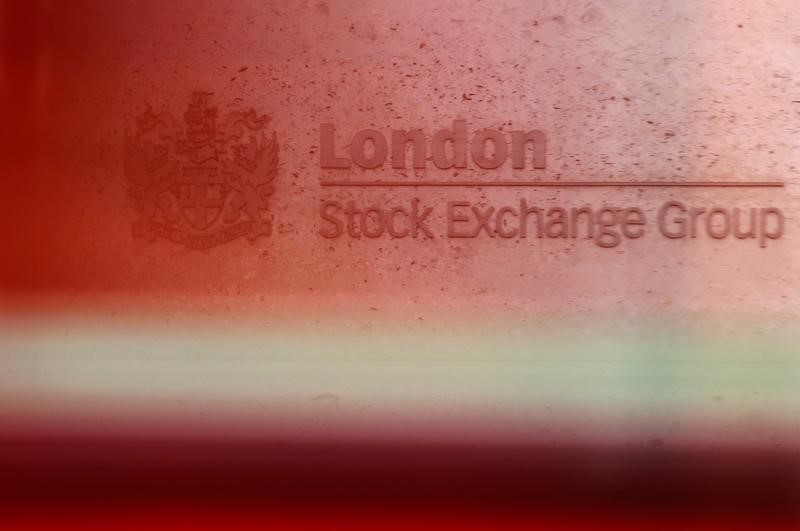By Sudip Kar-Gupta and Alistair Smout
LONDON (Reuters) - Britain's top equity index retreated on Monday as a fall in HSBC, after it admitted tax failings at its Swiss unit, and major utility stocks weighed on the market.
The blue-chip FTSE 100 index fell 45.84 points, or 0.7 percent, to 6,807.60 points by 1136 GMT, with United Utilities, National Grid and Severn Trent down 3-1.5 percent.
Traders said the fall in UK utility stocks was a result of a drop in the shares of their U.S. rivals on Wall Street on Friday, when the S&P 500 index of utilities had its biggest daily percentage drop since August 2011.
U.S utility stocks were hit after U.S. government debt yields rose following strong U.S. jobs data that supported expectations of a rise in U.S. interest rates by mid-year.
Utility companies tend to have large amounts of debt in order to operate their networks, and so any rise in interest rates would lead to higher borrowing costs for them.
"The rise in the bond yields and the weakness in the U.S. sector is hurting the UK utilities," said Securequity sales trader Jawaid Afsar.
HSBC took nearly 7 points off the index, the biggest individual weight on the FTSE 100, and dropped 1.5 percent.
The falls came after it admitted failings by its Swiss subsidiary, in response to media reports it helped wealthy customers dodge taxes and conceal millions of dollars of assets.
"There's no doubt that if they were undertaking these transactions then other banks were also," Atif Latif, director of trading at Guardian Stockbrokers, said.
"Given the fact that this is an update on old news, then I don't see much material impact."
Gold mining shares Fresnillo and Randgold outperformed the broader market pullback to rise by 2.4 percent and 1.5 percent respectively. Both stocks were lifted by a rise in the price of gold, whose safe haven appeal was boosted following weak Chinese data over the weekend.
Randgold also softened the blow of reporting lower profits on Monday by lifting its dividend.

The FTSE 100 reached a peak last year of 6,904.86 points, its highest since early 2000. Although it lost ground at the end of 2014, the index is up nearly 4 percent so far in 2015.